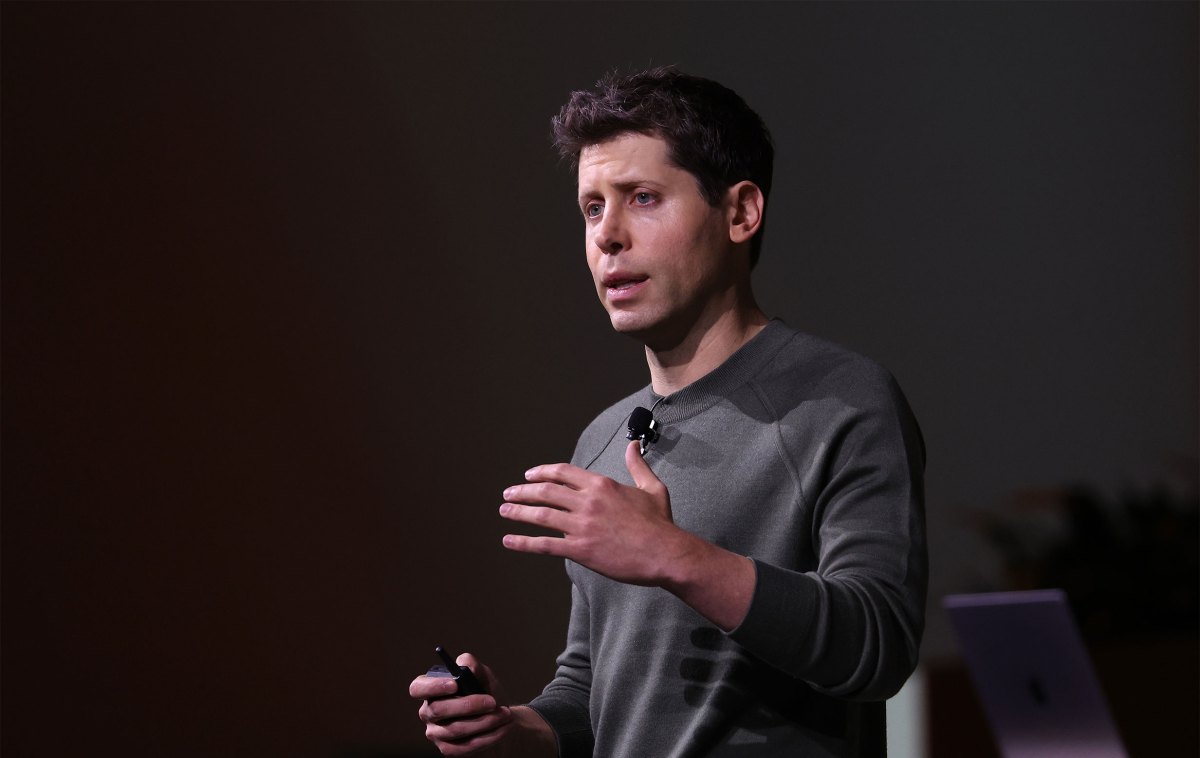A lot of AI bills are flying around Congress these days, and OpenAI is throwing its weight behind some of them.
OpenAI endorsed three Senate bills on Tuesday which could shape the federal government’s stance on artificial intelligence. One of the bills – the Future of AI Innovation Act – would formally authorize the United States AI Safety Institute as a federal body that sets standards and guidelines for AI models.
“We have consistently supported the mission of the institute, which leads the U.S. government’s efforts to ensure that frontier AI systems are developed and deployed safely,” said OpenAI’s Vice President of Global Affairs Anna Makanju in a LinkedIn post. Makanju says the bill provides Congressional backing for the new institute to “minimize the potential risks posed by this new technology.”
OpenAI also endorsed the NSF AI Education Act and the CREATE AI Act. These bills provide federal scholarships for AI research, and establish AI educational resources within colleges and K-12 settings.
So why is OpenAI, the startup behind ChatGPT, endorsing U.S. laws now? In her LinkedIn post, Makanju says OpenAI believes government has an important role to play to ensure AI is safe and accessible. But reading between the lines, OpenAI also leads the world on generative AI. The startup exploded to an $86 billion valuation thanks to its partnership with Microsoft, and now Apple. OpenAI is a likely candidate to face regulatory scrutiny moving forward, so these endorsements help OpenAI bank goodwill with federal lawmakers. More than that, endorsements like these help OpenAI get a seat at the table on future conversations about AI regulation.
An OpenAI spokesperson directed TechCrunch to Makanju’s LinkedIn post when asked for comment.
On Monday, OpenAI signed a letter to lawmakers in support of the AI Safety Institute alongside several several large and small companies, including Microsoft, Meta, Palantir, Cohere, Amazon and others. Under the Future of AI Innovation Act, the institute is supposed to work alongside private and public organizations to develop standards for AI systems.
The Future of AI Innovation Act also directs federal agencies to create curated datasets available for public use that are unlikely to be created by private companies.
OpenAI’s timing is no coincidence; two of these bills are slated for consideration in an Executive Session on Wednesday morning. It’s part of the delicate dance OpenAI and other AI companies are playing to get on the good side of lawmakers that could one day decide their fate.




